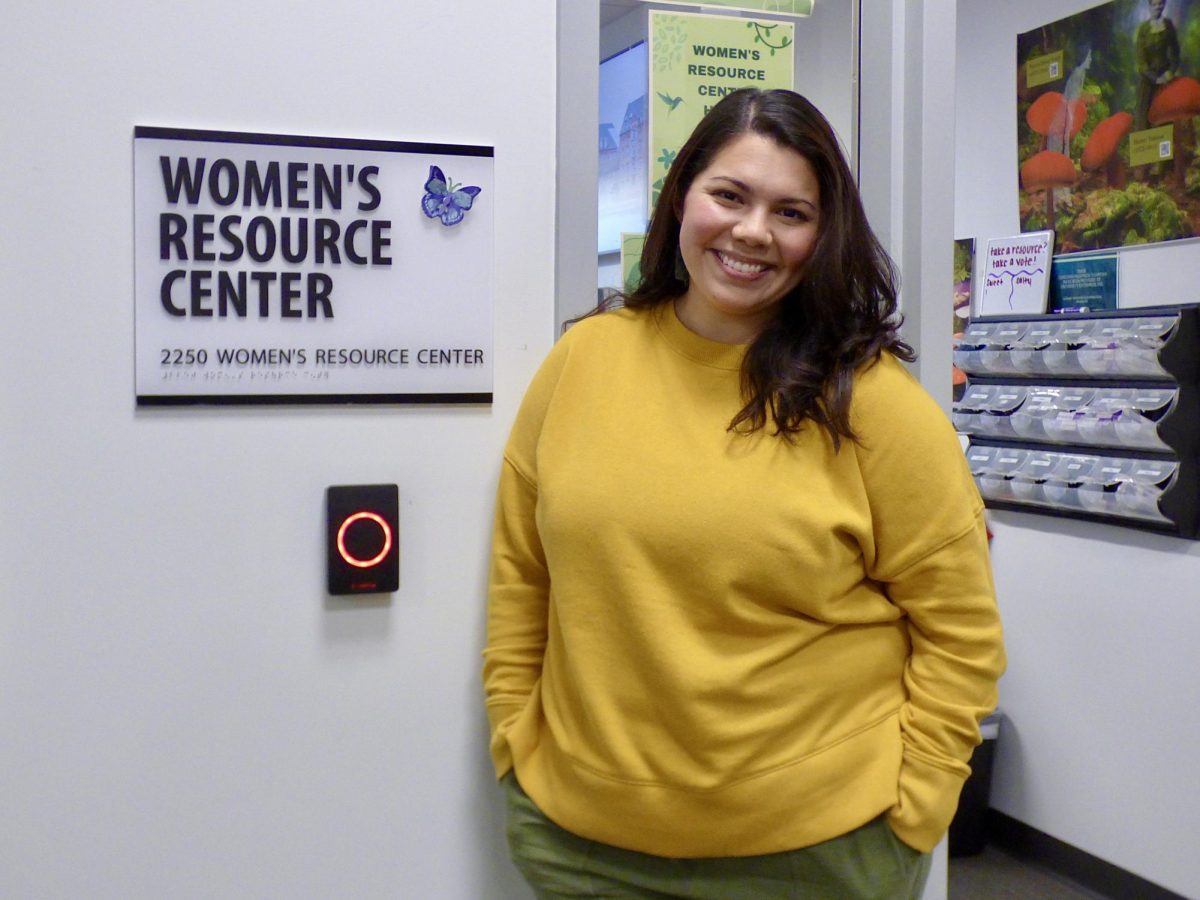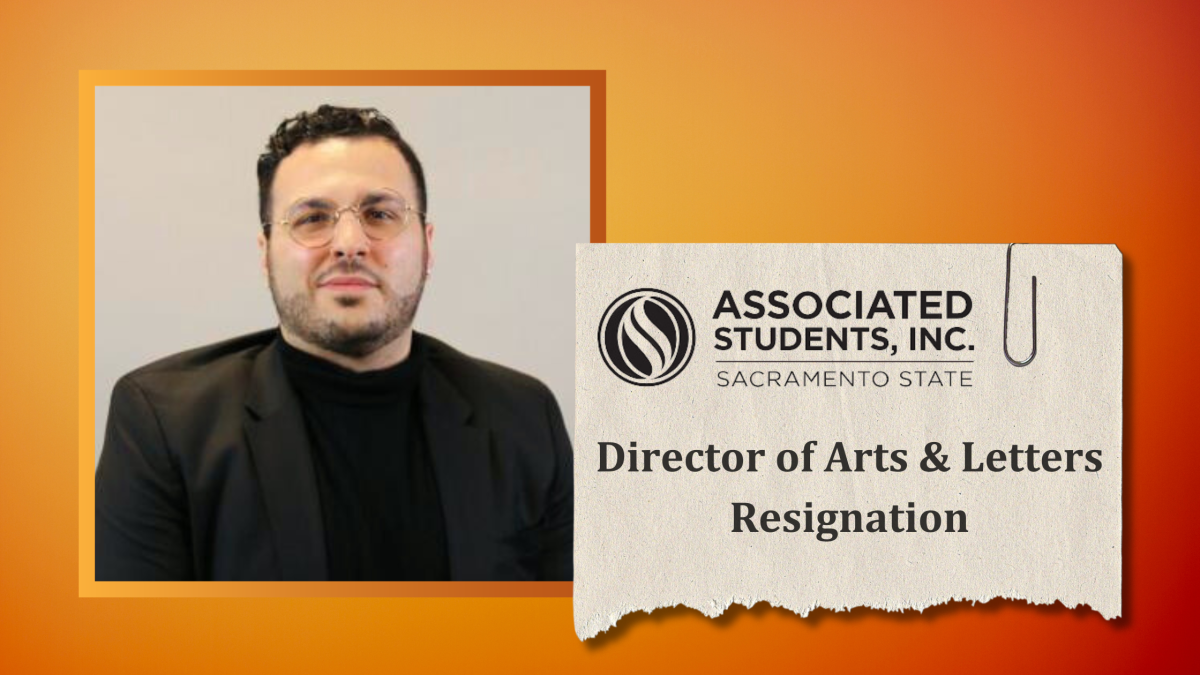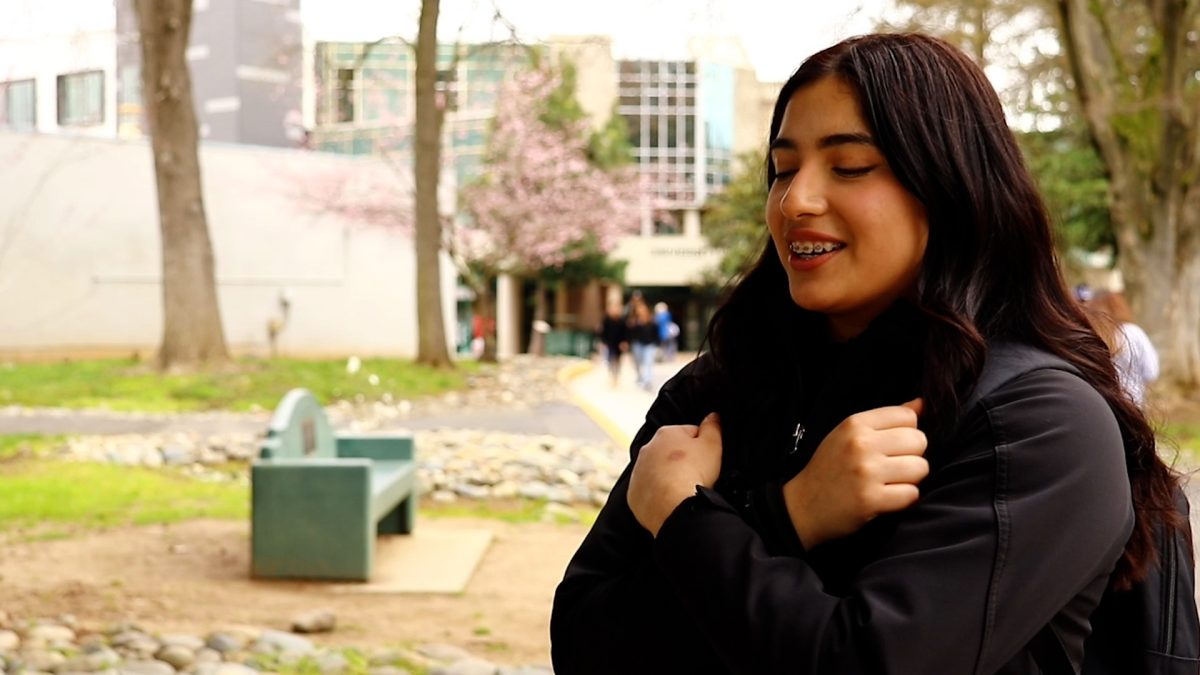Students battle health problems and the bills that come with them
February 19, 2014
There is an array of things that can stress out the typical college student – working full-time, homework and massive amounts of reading, family and relationship problems and more. But one thing many people do not think of regarding things that stress us out, is dealing with medical issues while trying to earn a degree.
In the almost five years I’ve been attending Sacramento State, I have had pneumonia seven times and was diagnosed with Fibromyalgia. Two things that, when paired together, make attending school extremely difficult.
“I have cystic fibrosis, a disease I was born with,” said senior accounting major Chelsa Aboud. “The disadvantages to missing class while I’m in the hospital or absent for medical appointments are that I’m missing out on lessons being taught and getting behind on assignments.”
Aboud attended Sac State for majority of her schooling, but recently transferred last fall to Simpson College to cut costs and receive help from her parents.
“Living with this disease has made me manage my time to where I am able to schedule hospitalizations around school breaks or long weekends,” Aboud said. “Also, you learn to manage time very well and stay ahead so you don’t get so far behind on days you may be sick or have doctors appointments,”.
Dealing with an illness or disease while attending school is more than a lot of students will ever deal with, but it is still the reality for some. Next to actually living with these on-going ailments, there is the aspect of how to pay for it all.
Doctor appointments, hospital visits, ambulance rides, medication and treatment are things that add up rapidly. According to a new study by The American Journal of Medicine, more than 60 percent of people who go bankrupt are doing so because of medical bills.
As we all know, insurance doesn’t always cover all costs and certainly not everyone has health insurance.
After spending three hours in the emergency room for a concussion, criminal justice major J.J. Martinez was left with a big headache and a $3,000 hospital bill.
“I am disappointed and feel for us as students who aren’t covered by insurance,” Martinez said. “I tried everything to get insurance and was denied Medi-Cal. Apparently working a minimum-wage job, going to school and not having any dependents disqualified me, even though I was only making $9 per hour.”
Recently, the Medi-Cal program has expanded and is now based on income. Covered California offers income-based assistance, helping to reduce the cost of the monthly insurance premiums.
“Most students that I speak with do not have health insurance or they will age out of their parent’s health insurance soon,” said Certified Education and Outreach Campus Coordinator at Covered California Lara Falkenstein. “With the Patient Protection & Affordable Care Act, students now have the opportunity to qualify for Medi-Cal or for affordable health insurance through Covered California.”
Unfortunately, even with the changes made and the benefits being income based, so many people are still left out and are unable to receive the aid they need.
Our ability to succeed as students is greatly impaired when we are unable to attend class or are forced to choose between paying tuition and paying a hospital bill before it goes to collections. In addition, people without health insurance are less likely to seek out the treatment they need because the costs are just too much.
When treatment and care are put aside, students become more strained – physically, mentally and financially.
“Students may not be able to attend classes or might have to drop classes due to the financial debt that can be contributed to uninsured health care costs,” Falkenstein said. “There is also a peace of mind, or security, of knowing you are covered in case of an accident or an emergency.”
Through my ailments, Sac State professors and healthcare providers have been very helpful. Whether it was granting extensions, providing cheaper prescriptions or counseling, I never felt like I was drowning in school work I couldn’t complete based on an illness I could not prevent.
Aboud also had positive things to say about how Sac State helps individual students succeed in the midst of a tough, on-going medical condition.
“The disability office helped me out a lot,” Aboud said. “Though it’s ultimately up to the teachers to let you make up work, some teachers work with you and others don’t. But after having trouble with a teacher, I learned to go talk to the dean of that department and they may be able to help you out.”
We can’t always predict or change our medical conditions and health status, but there has to be more options for college students to receive the professional help necessary for their well-being, without putting us all in the poor house.
“Look at your options for health insurance, it may be more affordable than you might think,” Falkenstein said. “The uninsured can often face unaffordable medical bills and it can quickly translate into medical debt. Academic success also includes physical and mental health care. It is important for students to consider their health holistically and seek preventative care and regular check-ups.”









































































































































